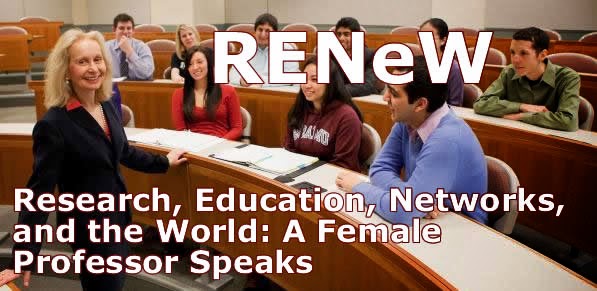Supply chains are fascinating and to appropriately model and analyze them requires a holistic, system perspective.
I have now authored two books on supply chains: Supply Chain Network Economics: Dynamics of Prices, Flows, and Profits and Networks Against Time: Supply Chain Analytics for Perishable Products, which I wrote with two of my former doctoral students, Min Yu, Amir H. Masoumi, and Ladimer S. Nagurney (my husband)
Yesterday, my husband, the other Professor Nagurney, spoke to a group of 200 high school students at the Olin College of Engineering in Needham, Massachusetts.
His presentation was entitled: What is Supply Chain Management?
He presented numerous applications so that the high school students would appreciate the various aspects of supply chain management from sourcing to outsourcing and even corporate social responsibility and environmental awareness. He also spoke about conflict minerals.
The high schoolers could very much relate to the apple juice supply chain and remembered drinking from juice boxes as toddlers and in elementary school. They also appreciated the forestry supply chain, the pharmaceutical supply chain, which we have done a lot of writing on. One very observant student notices that, except for the tail fin, parts for the Boeing 787 come from outside the state of Washington.

The questions that the students had were very impressive and included the following:
1. How do you decide whether to outsource or not?
2. Does anything matter besides price of a product?
3. What happens to the supply chain when a supplier goes out of business?
Remember, the audience consisted of high school students!
The students appreciated the system perspective and the engineering and business issues.
Through supply chains, one gets to appreciate the distinct paths that products take.
For those who are interested, the full presentation can be downloaded from the Supernetwork Center website.
And for our latest research on supply chain networks with applications to food, healthcare, fast fashion, and even electric power, please visit our Supernetwork Center publication page.





































































